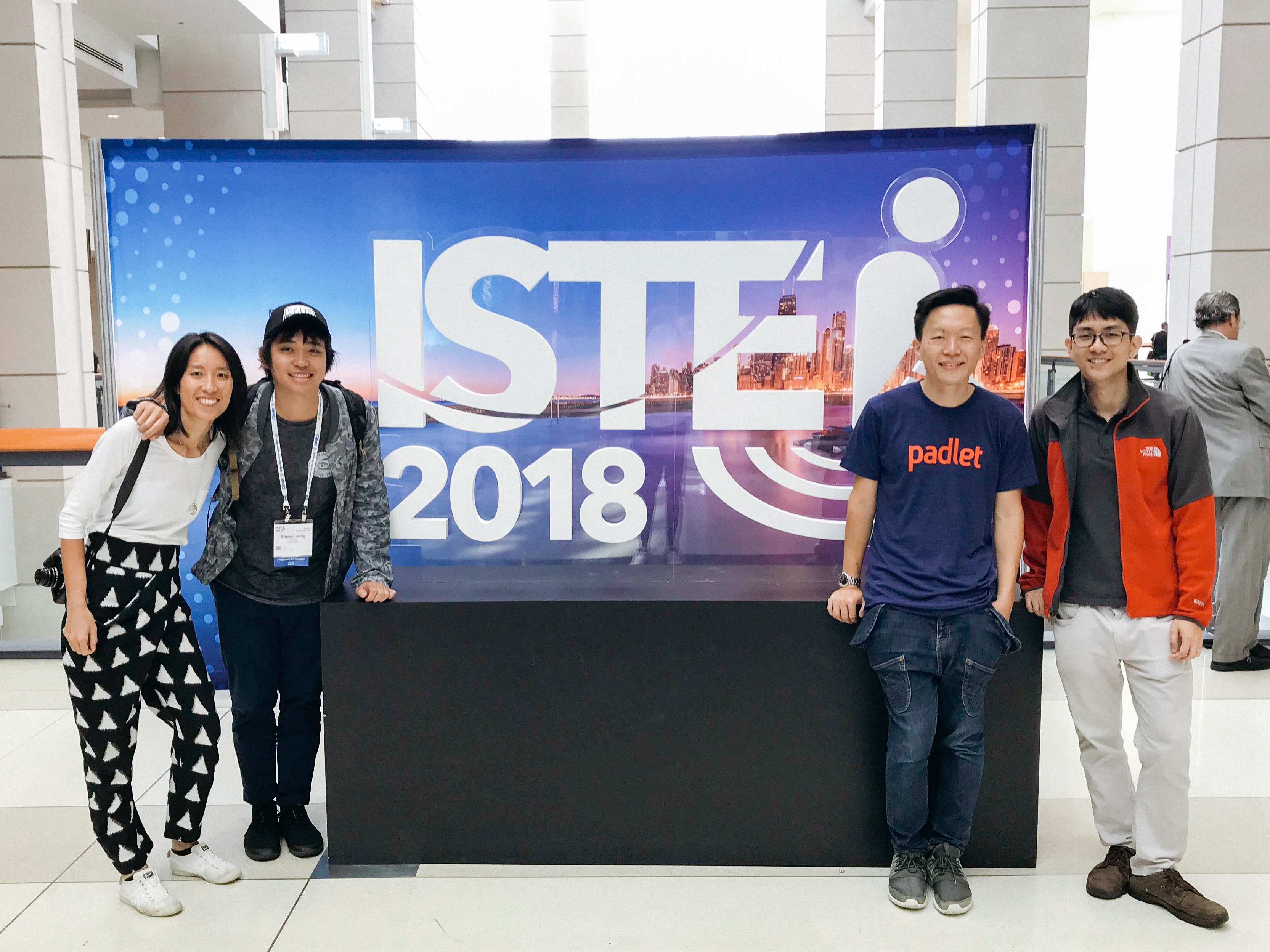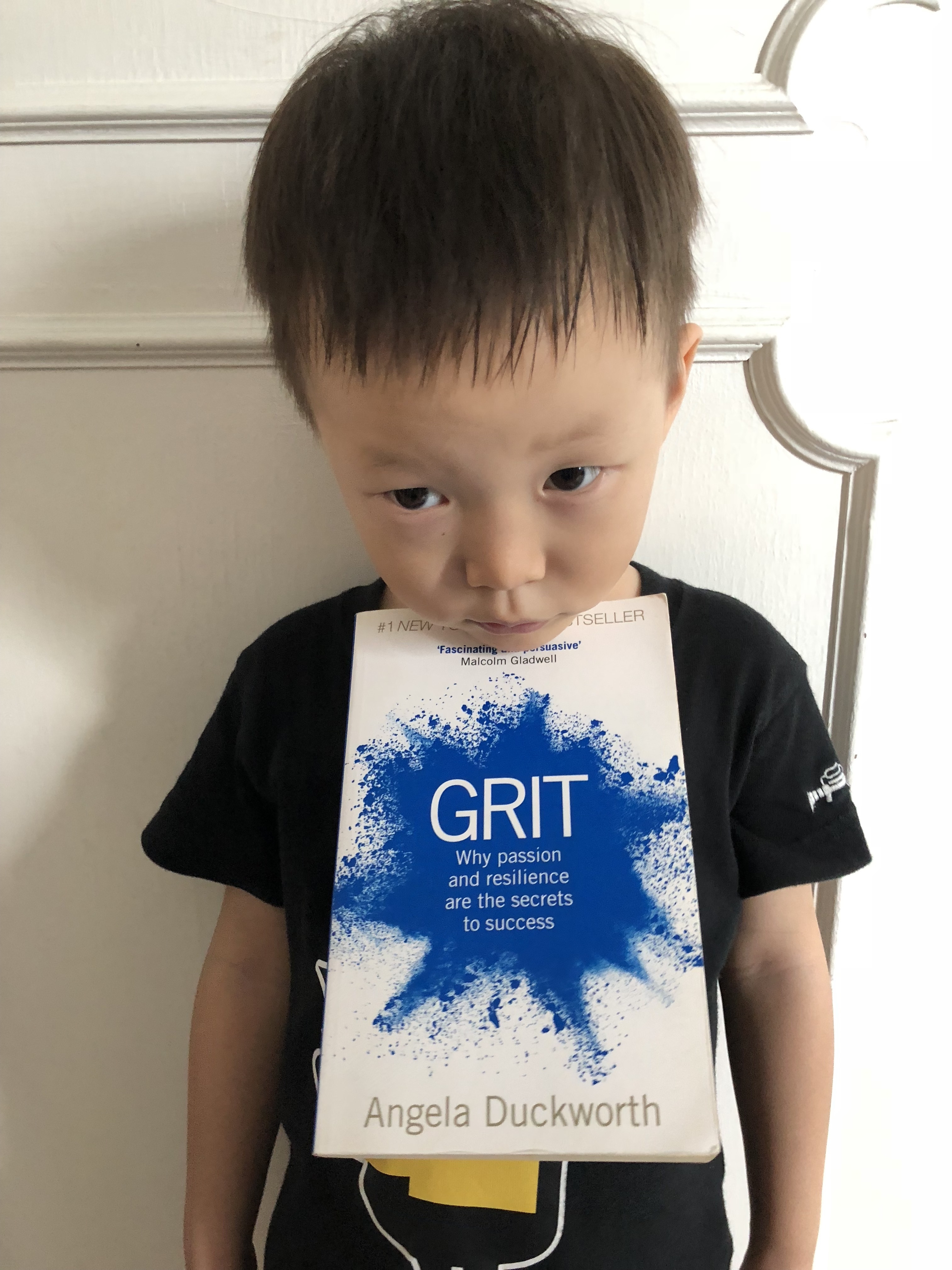
Attended ISTE, the world’s biggest Edtech conference, for the second time couple of weeks ago in Chicago. The great thing about ISTE is that it takes place in a different city in the US every June, so it takes you places you wouldn’t otherwise visit. I certainly had no reason to go to Texas, but there I was last year alone in San Antonio attending ISTE for the first time. San Antonio’s actually pretty fun, worth a visit. I remember feeling a little overwhelmed by the number of sessions, events and showcases at ISTE last year, so this year I brought three colleagues with me (if my math is right there’ll be 16 of us at next year’s ISTE then)! Our Airbnb is a short walk to Lake Michigan, so I started a couple of mornings with a run around the lake front. Side note to my friend who believed me when I said I ran halfway around the lake, Lake Michigan spans 4 states. Should have stayed awake during those geography classes.
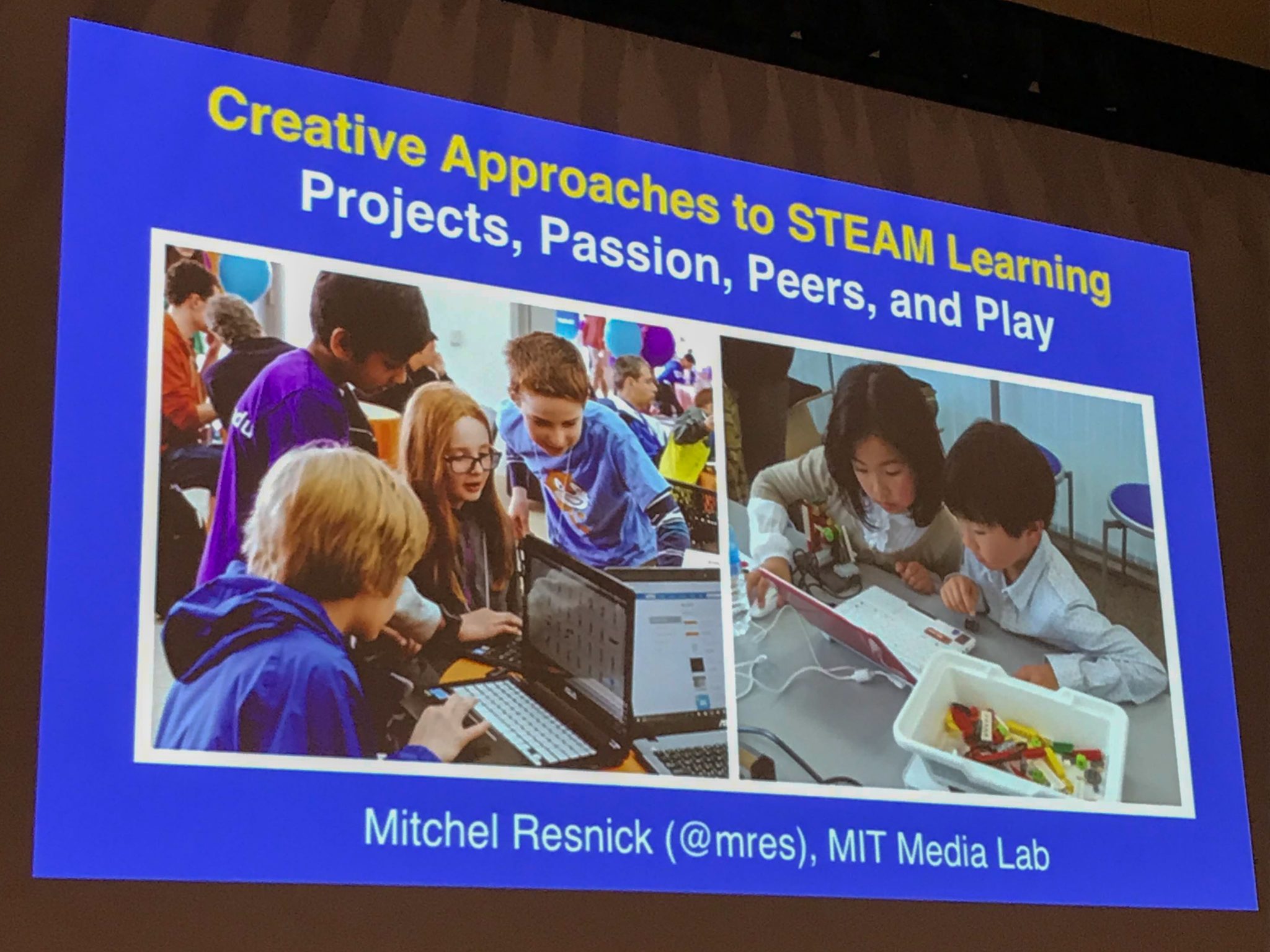
I thought about what I most wanted to share about this year’s ISTE experience, and decided ‘Creative Approaches to STEAM Learning: Projects, Passion, Peers and Play’ by Mitch Resnick (founder of Scratch and the Lifelong Kindergarten group at MIT Media Lab) is probably the session I got the most out of. My choice of Mr Resnick’s session as my favorite at this year’s ISTE has nothing to do with the fact I got a fanboy photo with Mr Resnick, obviously. If I had known he’s so tall I would have taken the photo with both of us sitting, but as always I overestimated my ability (tiptoeing in this instance).
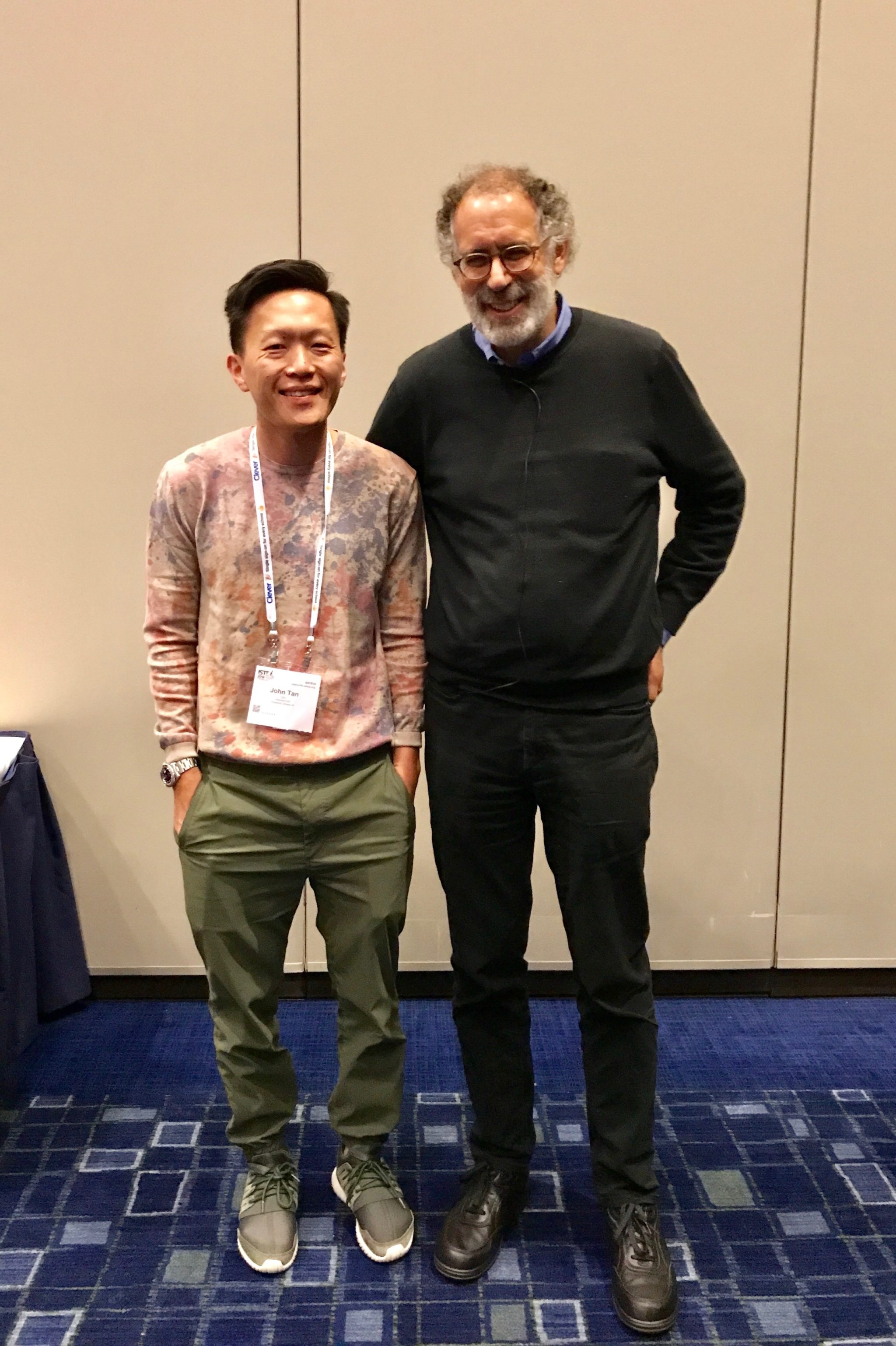
Much of Resnick’s session is explaining ideas from his latest book ‘Lifelong Kindergarten – Cultivating Creativity through Projects, Passion, Peers, and Play’. To understand the premise of the book, we first need to understand the Lifelong Kindergarten Group that Resnick heads up at the MIT Media Lab. Lifelong Kindergarten Group is inspired by how kids playfully create things together and the learnings they gain through the creative process of taking an idea into fruition. Resnick pointed out that creative thinking is now more important than ever before, and the best way to nurture creative thinking is by focusing more on imagining, creating, playing, sharing, and reflecting, just as children do in traditional kindergartens. Sounds like a simple idea, but parents are so desperate for their child to know the alphabet by 2, write for the New York Times at 4, and win the Pulitzer before finishing kindergarten that creating and playing take a backseat.
The 4 guiding principles of the 4Ps of creative learning are Projects, Passion, Play and Peers.
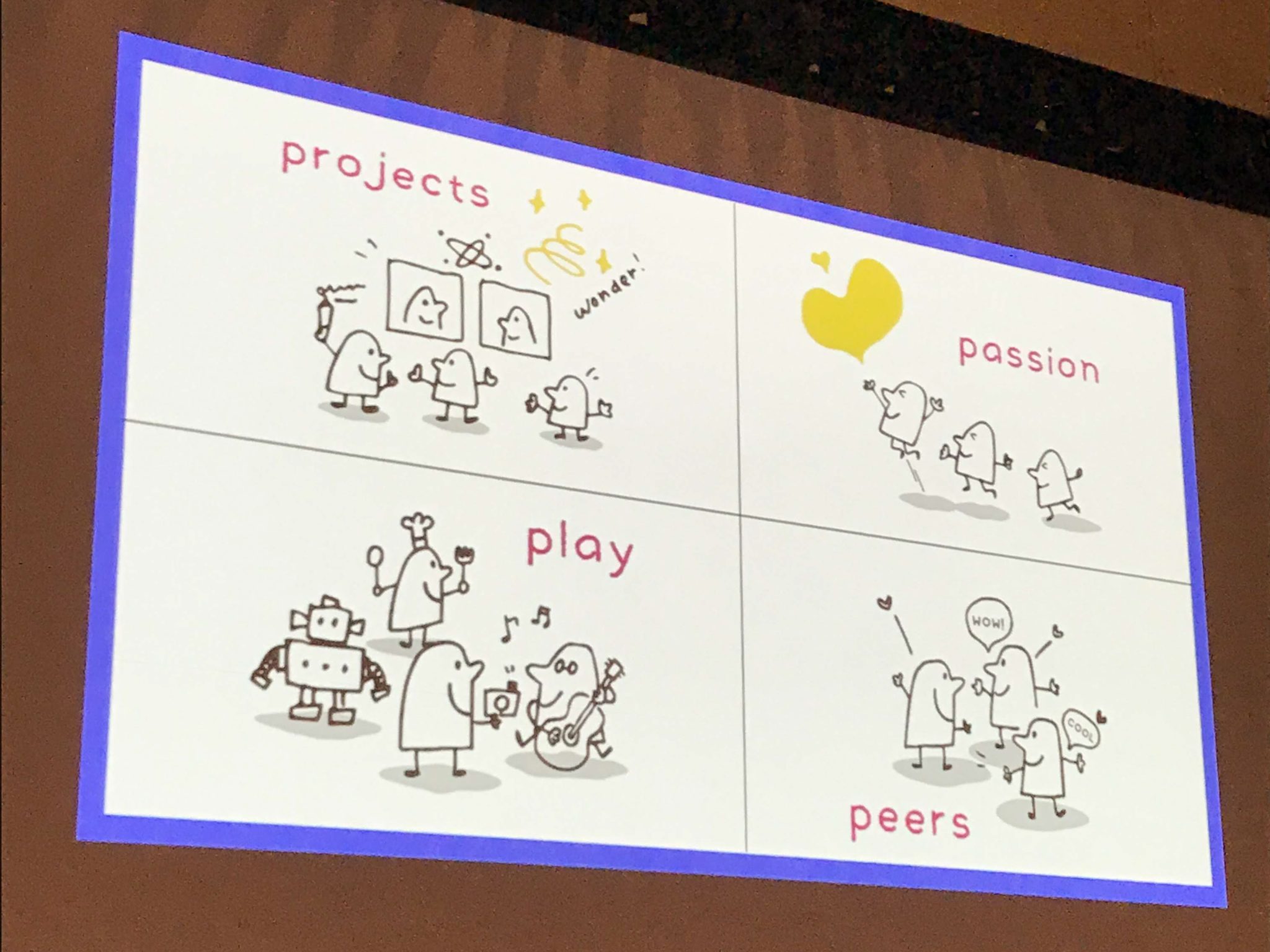
“By providing young people with opportunities to work on projects, based on their passions, in collaboration with peers, in a playful spirit, we can help them prepare for a world where creative thinking is more important than ever before.” – Mitch Resnick in Lifelong Kindergarten.
Play is one of the core principles at Saturday Kids. We believe learning should feel like play. What does play in this context mean? Not just laughter and having fun (although that is an important part of play). Not just the activity. It’s the attitude of testing, experimenting and trying, which leads us to two other core principles at Saturday Kids. Learning happens by doing. Failure is reframed as iteration. Play underpins everything we do at Saturday Kids. Our goal is to make learning fun again so kids enjoy the process instead of just focusing on the outcome. When kids enjoy learning, they become self-motivated learners and our job as educators is pretty much done.

Here’s another quote from the synopsis of Resnick’s book that pretty much sums up everything that is wrong with education today.
“In kindergartens these days, children spend more time with math worksheets and phonics flashcards than building blocks and finger paint. Kindergarten is becoming more like the rest of school. In Lifelong Kindergarten, learning expert Mitchel Resnick argues for exactly the opposite: the rest of school (even the rest of life) should be more like kindergarten.”
Indeed, mainstream education is doing a tremendous job of taking the joy out of learning. At Saturday Kids we are doing what we can to put the fun back into learning, and to create a working and learning environment that feels like kindergarten (back when kindergartens were still fun!)
– John

